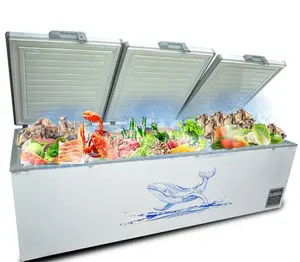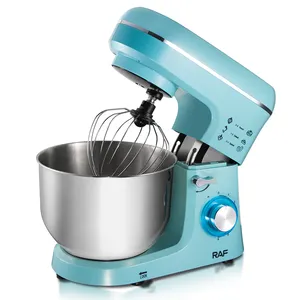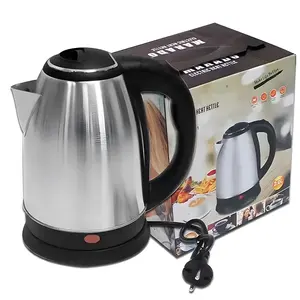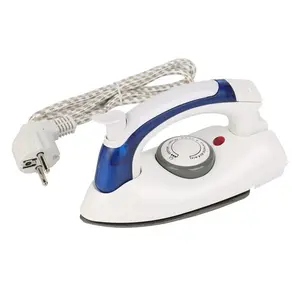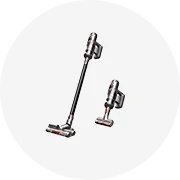Popular in your industry






























































Related Searches:

















































































































































Top categories
About electric inground pool heater
An electric inground pool heater is a sophisticated device designed to maintain a comfortable water temperature in residential or commercial swimming pools. This type of heater is particularly beneficial for extending the swimming season beyond the warm summer months. Utilizing advanced heating technologies, electric inground pool heaters offer a reliable and efficient way to heat pools of various sizes and types.
Types of Electric Inground Pool Heaters
There are several types of electric pool heaters for inground pools, each with unique characteristics. Traditional electric resistance heaters are known for their simplicity and effectiveness in any climate. On the other hand, electric heat pump pool heaters for inground pools are celebrated for their energy efficiency, especially in environments where the air temperature doesn't drop too low. For eco-conscious consumers, solar powered inground pool heaters offer a green alternative, although their performance is contingent on sunlight availability. The choice between these types hinges on factors such as local climate, pool usage, and energy costs.
Structure and Operation of Electric Inground Pool Heaters
The structure of an electric heater for inground swimming pool is a marvel of engineering, comprising several key components. At its heart lies the heating element, which converts electrical energy into heat. This element is regulated by a sophisticated thermostat that ensures consistent water temperatures. A flow control mechanism manages the volume of water passing through the heater, while safety sensors monitor the system to prevent overheating and other potential hazards. Together, these components work in concert to provide a seamless heating experience.
Materials and Properties
The materials used in electric inground pool heaters are selected for their thermal conductivity, corrosion resistance, and durability. Stainless steel is a popular choice for its longevity and resistance to pool chemicals. Galvanized sheets provide robustness and are cost-effective, while high-grade plastics offer insulation and safety benefits. These materials ensure that the heater not only performs efficiently but also stands the test of time in various environmental conditions.
Business Usages and Applications
Electric inground pool heaters find their applications in a myriad of business settings. In the hospitality industry, they enable hotels to provide guests with comfortable swimming conditions year-round, enhancing the guest experience and extending the usability of pool facilities. For sports complexes and therapy pools, maintaining precise temperatures is crucial for athlete training and rehabilitation, making reliable heating solutions like these indispensable for their operations.
Functions and Tasks
The primary function of an electric inground pool heater is to raise and maintain the water temperature to a desired level. This allows for a comfortable swimming environment even when the ambient temperature is cool. Additionally, some models come with advanced functions such as programmable timers and smart energy management systems, which optimize heating schedules and reduce operational costs.
Distinctive Features and Capabilities
Modern electric inground pool heaters boast features that set them apart from traditional heating solutions. For instance, pentair electric pool heaters for inground pools often include digital controls for precise temperature management and diagnostics. Energy-efficient models, such as electric heat pumps for inground swimming pools, utilize variable speed compressors that adjust to the heating demand, thereby conserving energy.
Benefits and Positive Outcomes
The benefits of installing an electric inground pool heater are manifold. They provide a consistent and reliable heat source, ensuring that pools remain at a comfortable temperature regardless of weather fluctuations. This reliability translates to increased pool usage and, for commercial entities, can lead to higher customer satisfaction and retention. Additionally, the energy-efficient models contribute to lower operating costs and a reduced carbon footprint.
How to Use and Operate Effectively
Operating an electric inground pool heater effectively involves setting the thermostat to the desired temperature and ensuring that the water flow through the heater is within the recommended range. Regular monitoring of the system's performance and adherence to the manufacturer's guidelines will ensure optimal heating and energy efficiency.
How to Choose the Right Model
When selecting an electric inground pool heater, consider the pool size, climate, energy costs, and desired features. A larger pool will require a heater with a higher capacity, while an energy-efficient model may be preferable in areas with higher electricity rates. Features such as digital controls and programmable settings can offer additional convenience and cost savings.
How to Clean and Maintain
Maintenance of an electric inground pool heater involves regular cleaning of the filter and checking the electrical connections for corrosion or wear. It is also important to ensure that the area around the heater is clear of debris to prevent airflow blockage. Professional servicing should be conducted annually to inspect the heating element and other critical components.
How to Install
Installation of an electric inground pool heater should be carried out by a qualified professional. It involves connecting the heater to the pool's plumbing system and electrical supply, ensuring that all local codes and regulations are followed. Proper installation is crucial for the safety and efficiency of the heater.
Target Audience and Meeting Needs
The target audience for electric inground pool heaters includes both residential and commercial pool owners seeking a reliable heating solution. These products cater to a variety of needs, from the homeowner looking to extend their swimming season to the hotelier aiming to provide guests with a luxury experience. By offering a range of models with different features and capacities, electric inground pool heaters can meet the diverse requirements of this broad audience.
How does an electric inground pool heater work?
An electric inground pool heater works by utilizing electrical energy to generate heat, which is then transferred to the pool water. This process is controlled by a thermostat that maintains the water at the desired temperature, ensuring consistent comfort for swimmers.
What are the maintenance requirements for an electric inground pool heater?
Maintenance for an electric inground pool heater typically includes regular cleaning of the filter, checking the electrical connections, and ensuring the heating element is free of debris. Seasonal inspections by a professional can help prolong the life of the heater and maintain its efficiency.
Can an electric inground pool heater be energy-efficient?
Yes, modern electric heat pump pool heaters for inground pools are designed with energy efficiency in mind. They often include features such as variable speed pumps and programmable thermostats to minimize energy use while still providing optimal heating performance.
